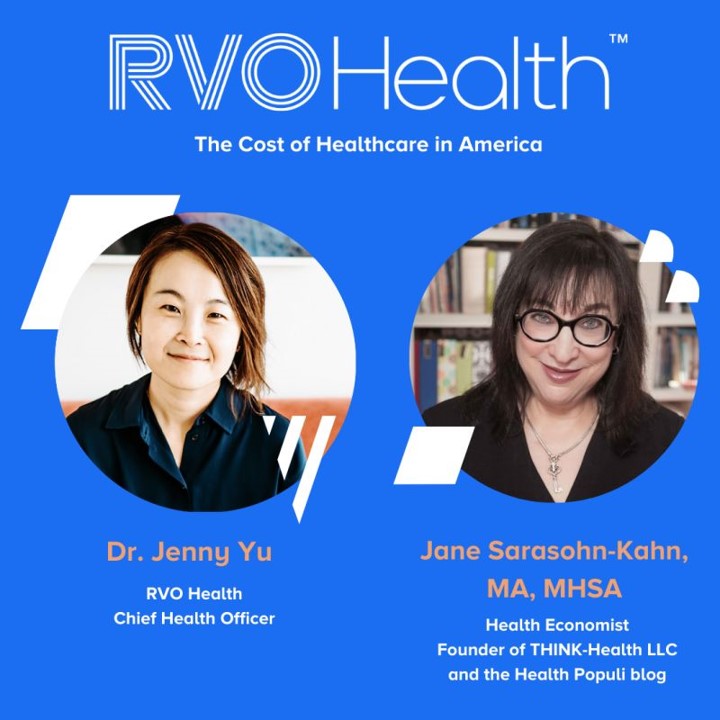In the U.S., national news media, Federal statistics, dozens of business leaders and the Federal Reserve Bank have been talking about an historically positive American economy on a macro level.
But among individual residents of the U.S., there is still a negative feeling about the economy in a personal context, revealed in the Kaiser Family Foundation Health Tracking Poll for February 2024. ![]()
I’ve selected three figures of data from the KFF’s Poll which make the point that in peoples’ negative feelings about the national economy, their personal feelings about medical costs rank high among the line items making up household financial stress.
Paying for food and the state of inflation are the two top reasons people say the state of the U.S. economy is “not so good” or “poor.” ![]()
More granularly, most U.S. health citizens are worried about unexpected medical bills (net 74%), the cost of health care services (net 74%), their prescription drug costs (net 55%) and their monthly health insurance premium (net 48%), shown in the second bar chart.
Two in 3 people also worry about the cost of gas, utilities, food, and rent.
The third chart tells an important story about solidarity on these health care cost issues across the 3 main political party members in the U.S. — that across party ID, most voters are worried about the cost of health care services, unexpected medical bills, and the cost of prescription drugs. ![]()
Health Populi’s Hot Points: Exploring the Tracking Poll, Drew Altman, President and CEO of KFF, explains “Why Affordability is the Big Tent” in the “Perspectives – Beyond the Data” section of the Foundation’s website.
“What does the public care about most when it comes to health care? Answer: Out-of- pocket costs followed by, well, out-of-pocket costs….Support about out-of-pocket costs is universal,” Altman observes.
KFF’s President and CEO further notes that political polling done by national media outlets too often lets health care slip through the question-cracks:
“If pollsters asked more often ‘what do you mean by ‘the economy’ or ‘what are your economic concerns?’ health care costs would be right up in the mix with inflation and other everyday family economic worries. Drug costs would not be too far behind.”

I had the opportunity yesterday (22nd February) to discuss the cost of U.S. health care with the team at RVO Health — the creative and hard-working folks who serve up health information and digital tools that empower consumers and clinicians to inform and streamline health care.
After covering the origins of health care cost growth going back to World War II and price controls, we fast-forwarded to today’s reality that the cost of medical care in America is — spoiler alert! — very personal.
Indeed, abortion, IVF and women’s health care access may be explicitly on ballots and news media polls at the top health care issue in America. But don’t count out health care costs continuing to be front of mind for millions of American families across the political spectrum, standing under a very big tent.




 Thank you FeedSpot for
Thank you FeedSpot for